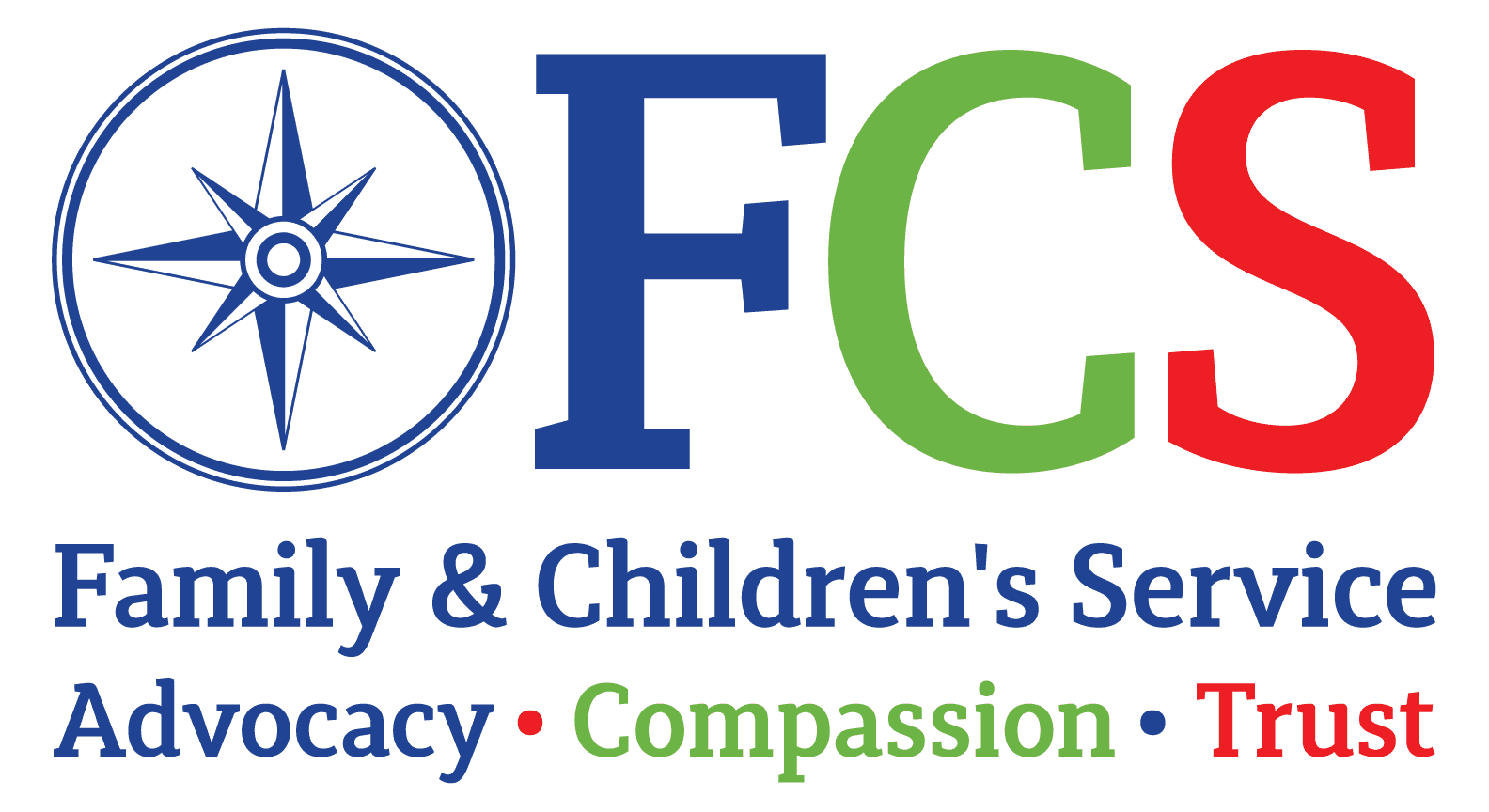February is Black History Month, a time to pay tribute to the accomplishments of African Americans, who are often faced with adversity. The contributions and achievements of African American men and women span the course of history and all professional fields. Family & Children’s Service honors the contributions and achievements of African Americans, both past and present who have exemplified FCS’s vision to strengthen, protect and preserve the dignity and independence of people in need.
 Asharra Miller is one of Family & Children’s Service’s (FCS) Representative Payees. As a designated Representative Payee, with approval by the Social Security Administration (SSA), Asharra assists individuals who are unable to appropriately manage their finances due to mental or cognitive impairments.
Asharra Miller is one of Family & Children’s Service’s (FCS) Representative Payees. As a designated Representative Payee, with approval by the Social Security Administration (SSA), Asharra assists individuals who are unable to appropriately manage their finances due to mental or cognitive impairments.
Asharra earned her bachelor’s degree in Social Work from Georgian Court University in 2016 and is currently working towards her master’s degree in Social Work from Monmouth University with a concentration in Global and Community Practice (GCP). The GCP concentration teaches you to develop assessment, planning, intervention, and evaluation skills that address the concerns and needs of communities, organizations, and groups in local and global contexts.
“I want to find myself in a position where if somebody comes to me with a problem, I can fix it.” Asharra says about her future career goals. She explains how her main passions are women’s rights and mental health. “All the things mothers go through after having a child, including post-partum depression, anxiety and post-partum psychosis, plus the added financial stress; I feel that it all ties in together.” Asharra says, “I want to be able to create resources for people who are in those predicaments because there really is not a lot.”
Before coming to work at FCS, Asharra worked for a behavioral health program where she noticed a lack of resources and that programs were not set up with the clients’ best interests in mind. “I really want to get into mental health legislation to stop [that] from happening because a lot of places will take advantage and exploit these individuals.”
As a Representative Payee, Asharra knows her clients could not manage on their own and she is understanding of their situations. “I know that we are helping them. Granted, no one wants someone else to be in control of their money. I totally get it. But at the same time, they may not understand why we are in control of their money.” She says, “If a program like Representative Payee didn’t exist a lot of our clients would be homeless or in debt. This program helps them live with their basic needs met. They have food, they have a place to live, their utilities are on. If we can keep them in [their] home and give them some type of comfort, then we are helping.”
Asharra admits that she is motivated to help anyone in unfair situations. “I’ve always felt a certain way about people being treated unfairly and I’ve always been the person to speak up.” Asharra also explains how she felt there was a career to be made of advocating for others and that career was social work. “I want to make it my job to speak up for the people who deal with different disabilities and traumas.” Asharra says, “We are their voice, and we have to advocate for them and that is something I take very seriously.”
The National Association of Black Social Workers (NABSW) was founded in 1968. NABSW advocates for the inclusion of people of African ancestry at the decision and policy-making levels and continues to be a change agent in the areas of social work education, practice, and research.
